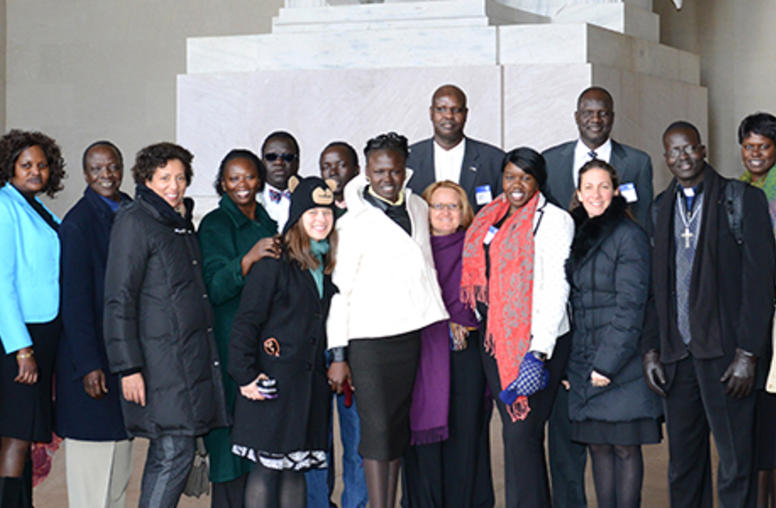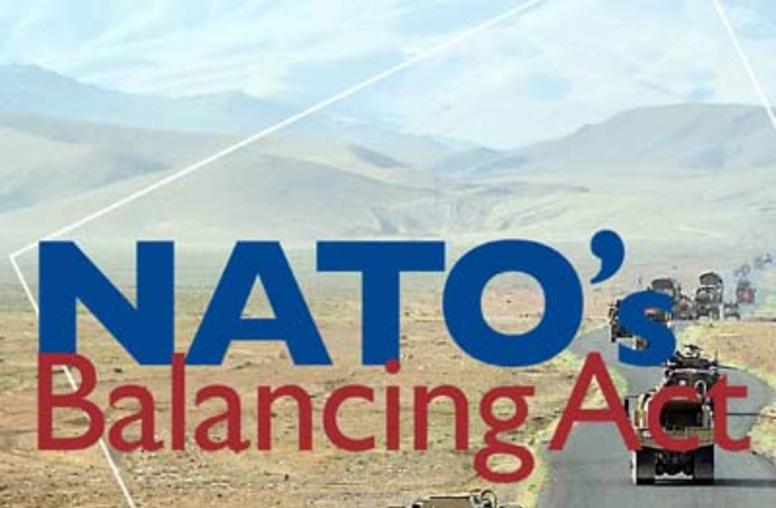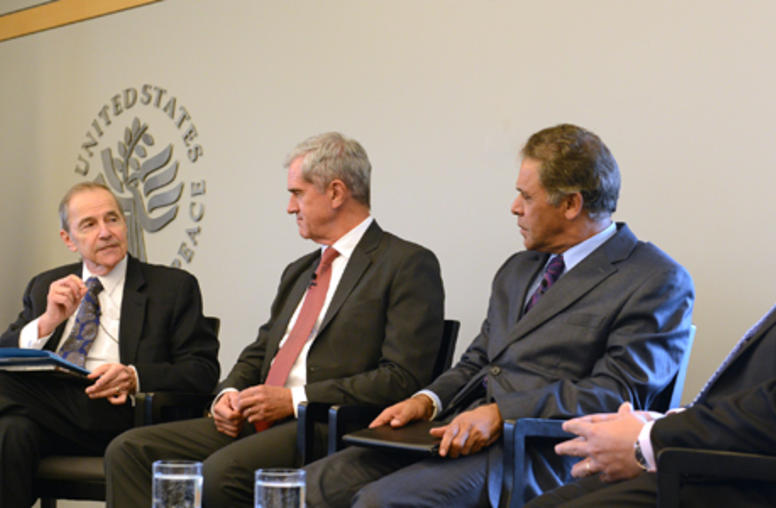Constructing an Effective Ceasefire
In theory, ceasefires are temporary halts to violence that act as a step toward a wider peace. But in practice, they are more often manipulated as a tool for continued conflict, or broken because they are incompatible with the interests of the warring parties. Unsuccessful ceasefires may contribute to the intractability of a conflict by increasing distrust between the parties and reducing confidence that a settlement is reachable.
This session will explore the international experience with negotiating and implementing ceasefires in order to draw out principles and strategies for designing an effective ceasefire. Dr. Ranabir Samaddar has completed research on three ceasefire experiences in South Asia: Sri Lanka, Nagaland, and Nepal, while Nita Yawanarajah has been involved in UN negotiations and assessments of ceasefires in the Balkans and Sudan and is developing guidelines for ceasefire negotiations.
Together, they will examine questions that currently divide international peacemakers. Should stopping the violence be the first objective or can premature ceasefires hurt efforts to achieve a comprehensive peace agreement? What characteristics or mechanisms of ceasefire design can strengthen the broader peace process? How can third parties support development and implementation of a successful ceasefire? How have mechanisms such as demiliatarized zones, peacekeeping, inclusivity, and dispute resolution affected the durability of ceasefires?
Speakers
- Nita Yawanarajah
Policy Planning and Mediation Support Unit, Department of Political Affairs, United Nations - Ranabir Samaddar
Director of the Calcutta Research Group - A. Heather Coyne, Moderator
Senior Program Officer, U.S. Institute of Peace



